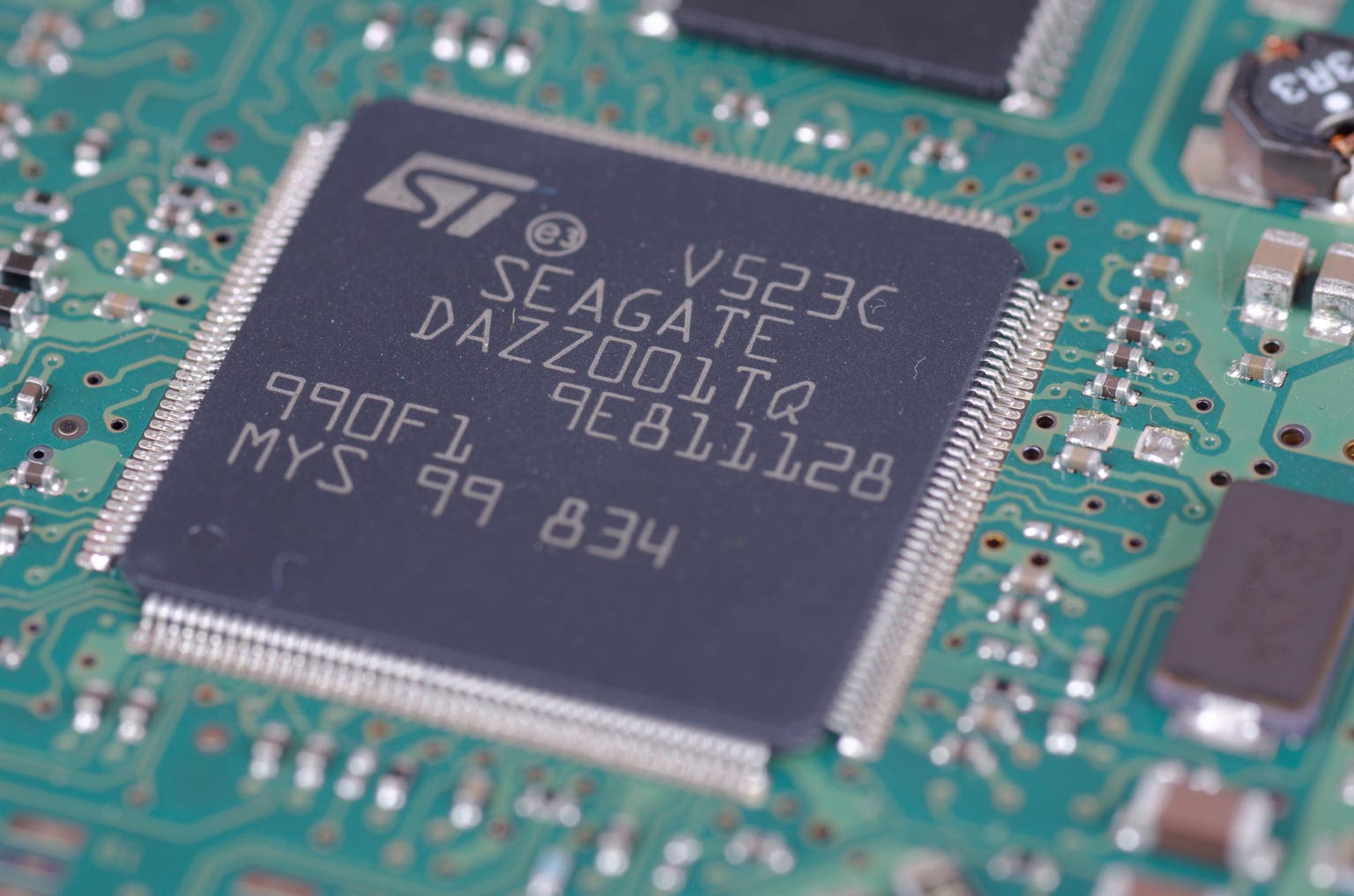Djokovic Slams French Open's Line-Calling Stance: 'A Step Backwards'?

World number one Novak Djokovic has voiced his concerns over the French Open's decision to stick with traditional line judges instead of utilising electronic line-calling technology. The move, which sees human officials determining whether shots are in or out, has drawn criticism from Djokovic and a number of other players who believe it introduces unnecessary errors and impacts the fairness of the competition.
For years, major tennis tournaments like Wimbledon, the Australian Open, and the US Open have embraced the precision of electronic line-calling systems, such as Hawk-Eye. These systems provide instant, accurate judgements, eliminating the potential for human error and reducing arguments over line calls. The French Open, however, has remained an outlier, opting for the traditional method, citing a desire to maintain the tournament's unique character and atmosphere.
Djokovic, known for his meticulousness and competitive spirit, isn't alone in his reservations. He argues that the technology offers a significant advantage in terms of accuracy and fairness, particularly in crucial moments of a match. “I think it’s a step backwards,” Djokovic stated recently. “We have the technology available. It’s proven to be very accurate. Why wouldn't we use it, especially in a tournament of this magnitude?”
The debate highlights a broader discussion within the sport about the balance between tradition and innovation. While some purists believe that the human element of line judges adds to the drama and excitement of the game, others contend that accuracy and fairness should be paramount. The potential for human error, even with experienced line judges, can have a significant impact on the outcome of a match, leading to frustration and controversy.
Critics of the French Open's stance point to instances where incorrect line calls have directly affected the course of matches. While line judges are generally highly skilled, they are still susceptible to fatigue, bias, or simply misjudging the trajectory of a ball, especially at high speeds. Electronic line-calling eliminates these possibilities, providing a definitive and impartial judgement.
The French Open’s decision also raises questions about consistency across the sport. Players are accustomed to the reliability of electronic line-calling at other Grand Slam tournaments, and transitioning to a different system at Roland Garros can be a disruption. It could potentially give an advantage to players who are less familiar with judging line calls based on human interpretation.
Ultimately, the debate over line-calling technology at the French Open is likely to continue. While the tournament organisers have consistently defended their position, the growing support for electronic line-calling among players and fans suggests that a change may be inevitable in the future. The question remains: will the French Open embrace the advancements of technology or continue to uphold its traditional approach, even if it means potentially compromising on accuracy and fairness?
The upcoming tournament will undoubtedly be closely watched, not only for the high-quality tennis on display but also for the scrutiny surrounding the line-calling decisions. Will Djokovic’s concerns be validated by controversial calls? And will the French Open reconsider its stance in light of the ongoing debate?






